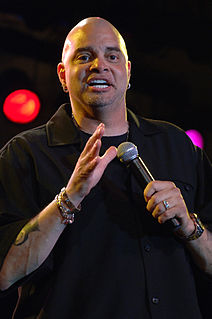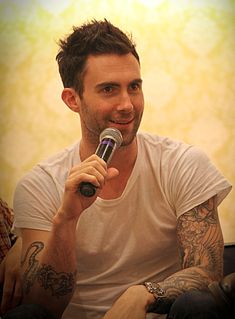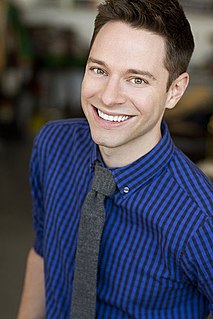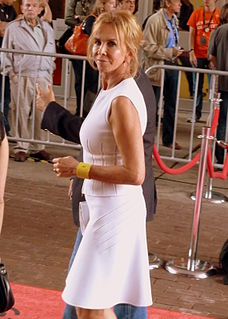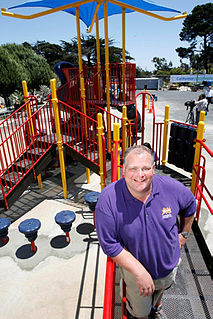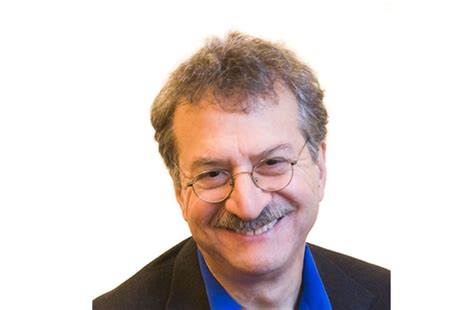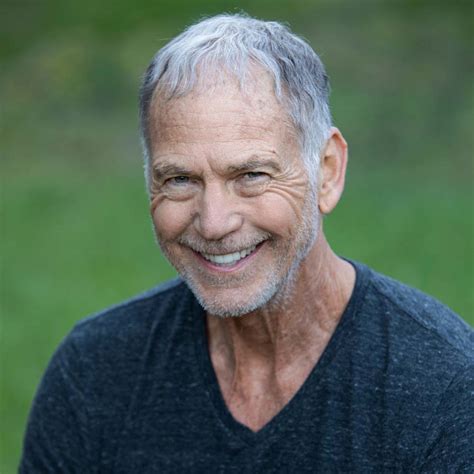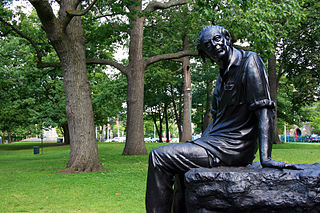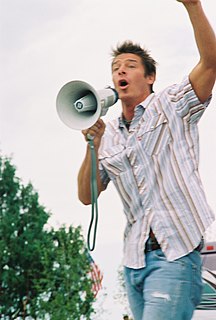A Quote by Sinbad
Most of us have this story of not feeling comfortable because of how you were. Now they call it ADHD. I just knew I bounced all over the place. I'm glad I had ADHD... It's what makes us creative.
Related Quotes
I'm really glad that our young people missed the Depression and missed the great big war. But I do regret that they missed the leaders that I knew, leaders who told us when things were tough and that we'd have to sacrifice, and that these difficulties might last awhile. They didn't tell us things were hard for us because we were different, or isolated, or special interests. They brought us together and they gave us a sense of national purpose.
Sendak's 1963 classic 'Where The Wild Things Are' has long been a favorite of mine because of the creative imagery, fantastic adventures and, most of all, because of how this timeless story shows us that children need to be free to roam, explore and invent in order to understand their place in the world that surrounds them.
That 'change makes us uncomfortable' is now one of the most widely promoted, widely accepted, and under-considered half-truths around. [I]t is not change by itself that makes us uncomfortable; it is not even change that involves taking on something very difficult. Rather, it is change that leaves us feeling defenseless before the dangers we 'know' to be present that causes us anxiety.
If people knew how badly animals were treated in today's factory farms, if people knew how completely confined and immobilized these creatures are for their entire lives, if people knew how severe and unrelenting is the cruelty these animals are forced to endure, there would be change. If people knew. But too many of us choose to look the other way, to keep the veil in place, to remain unconscious and caught in the cultural trance. That way we are more comfortable. That way is convenient. That way we don' t have to risk too much. This is how we keep ourselves asleep.
...when a phone call competes for attention with a real-world conversation, it wins. Everyone knows the distinctive high-and-dry feeling of being abandoned for a phone call, and of having to compensate - with quite elaborate behaviours = for the sudden half-disappearance of the person we were just speaking to. 'Go ahead!' we say. 'Don't mind us! Oh look, here's a magazine I can read!' When the call is over, other rituals come into play, to minimise the disruption caused and to restore good feeling.
You're always moving and thinking about a whole bunch of things. But those traits work well for me in studios and in meetings about creative ideas. If you listen to the songs I write, they are the most ADHD songs ever. They have five hooks in one and it all happens in three minutes. I figured out a way of working with it.
I call this the Fundamental Problem of Political Economy. How do we limit the power that idiots have over us? ... [Milton] Friedmans insight is that a market limits the power that others have over us; conversely, limiting the power that others have over us allows us to have markets. Friedman argued that no matter how wise the officials of government may be, market competition does a better job of protecting us from idiots.
